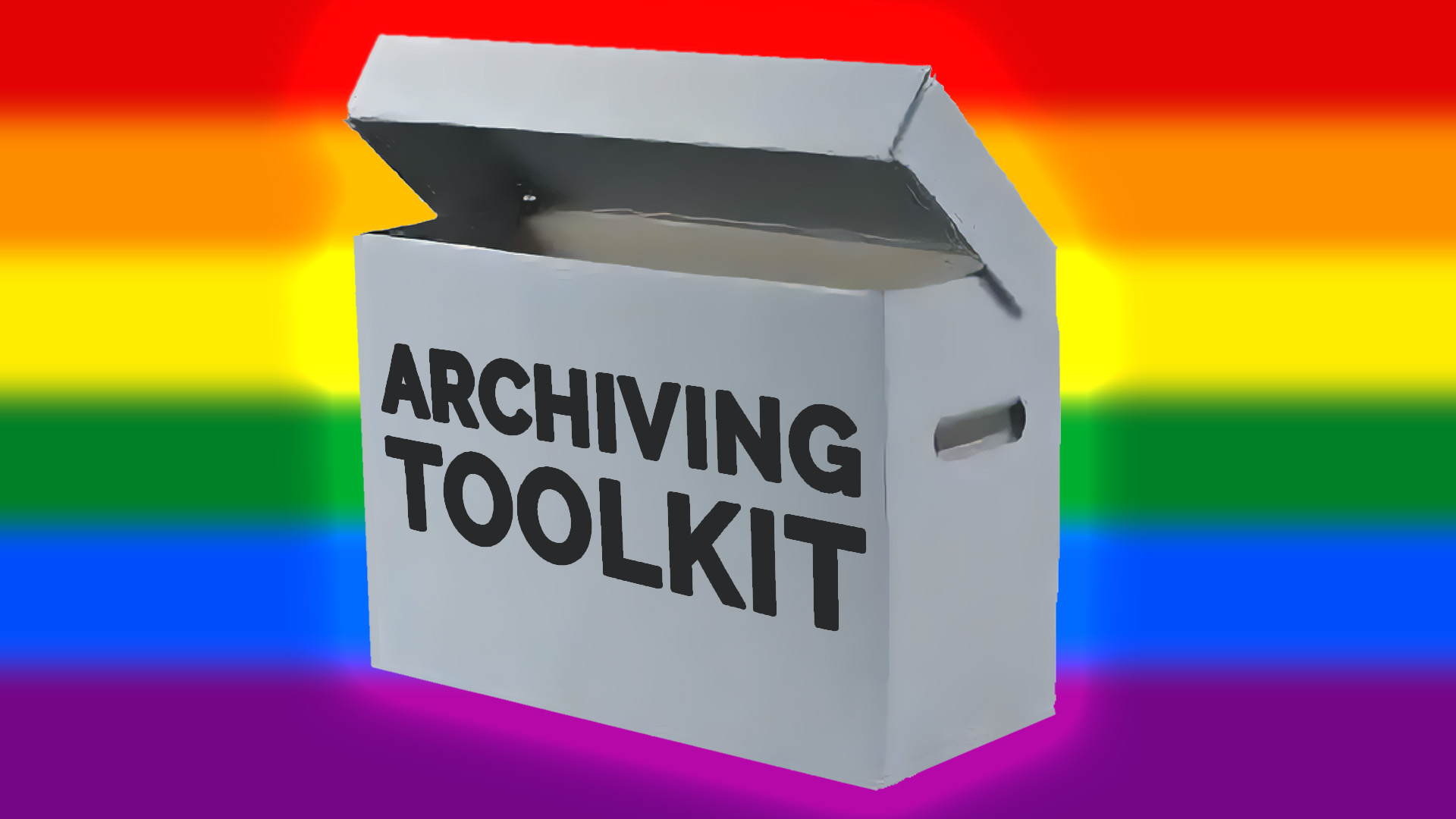Donating Your Records
History is written from the perspective of those who preserve their records. Therefore, LGBTQ-RAN strongly encourages all leaders and organizations in LGBTQ+ religious movements to take steps to preserve their paper and digital records for donation to an appropriate repository.
For a quick, "how-to" overview of the entire process from start to finish, see Four short introductory videos.
The Archiving Toolkit brings together all the information you need to successfully gather your historical records, find the best archives for them, and negotiate the transfer. The Toolkit is divided into easily understood sections for paper and digital items and gives step-by-step instructions, videos, and answers to frequently asked questions.

For complete information our Guide to Preserving Historical Records consists of 17 pages of information about identifying what records you have that are historical and the process of donating them to an archives. The Society of American Archivists offers the same information in Donating Your Personal or Family Papers to a Repository and Donating Your Organizational Records to a Repository.
The guide Archiving Digital Content presents simple step-by-step procedures to preserve digital files for eventual donation to an archives. Digital records include emails, digital images, and social media that require regular downloading to maintain the integrity of their content. The webinar “Off of the Screen, Into the Archives” describes using the Internet Archive's Wayback Machine to preserve websites across time.
The webinar "Behind the Scenes at the Archives" follows a collection from donation to use by patrons.
Privacy versus Access to Your Archival Records
Some LGBTQ+ religious organizations have been concerned about personal privacy and confidentiality of information in their records. LGBTQ-RAN provides detailed information about these matters in Guidelines on Restricted Access to Archival Records.
Contact us with any questions or assistance needed regarding donating your personal papers or organizational records at archivist@lgbtqreligiousarchives.org.